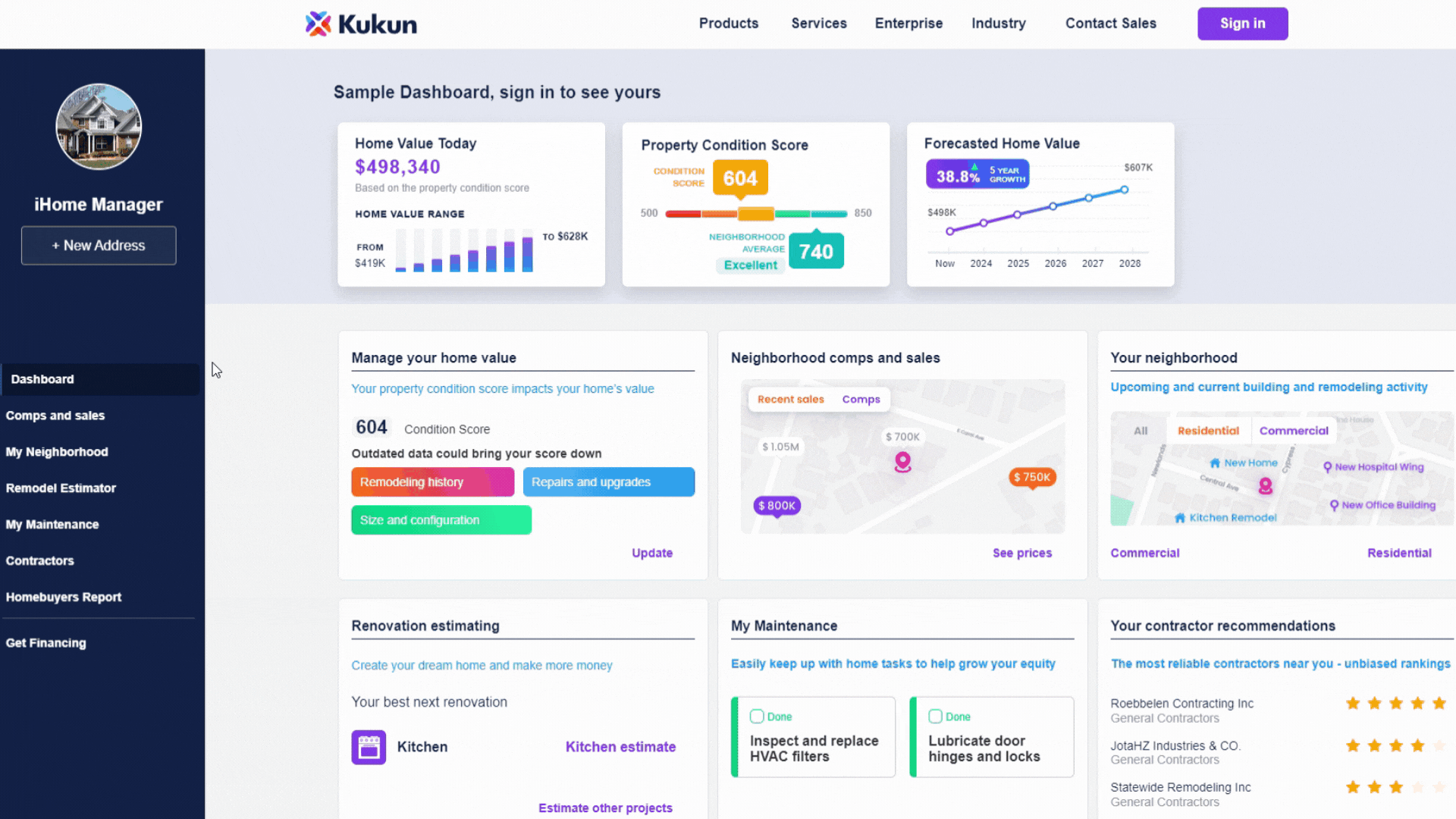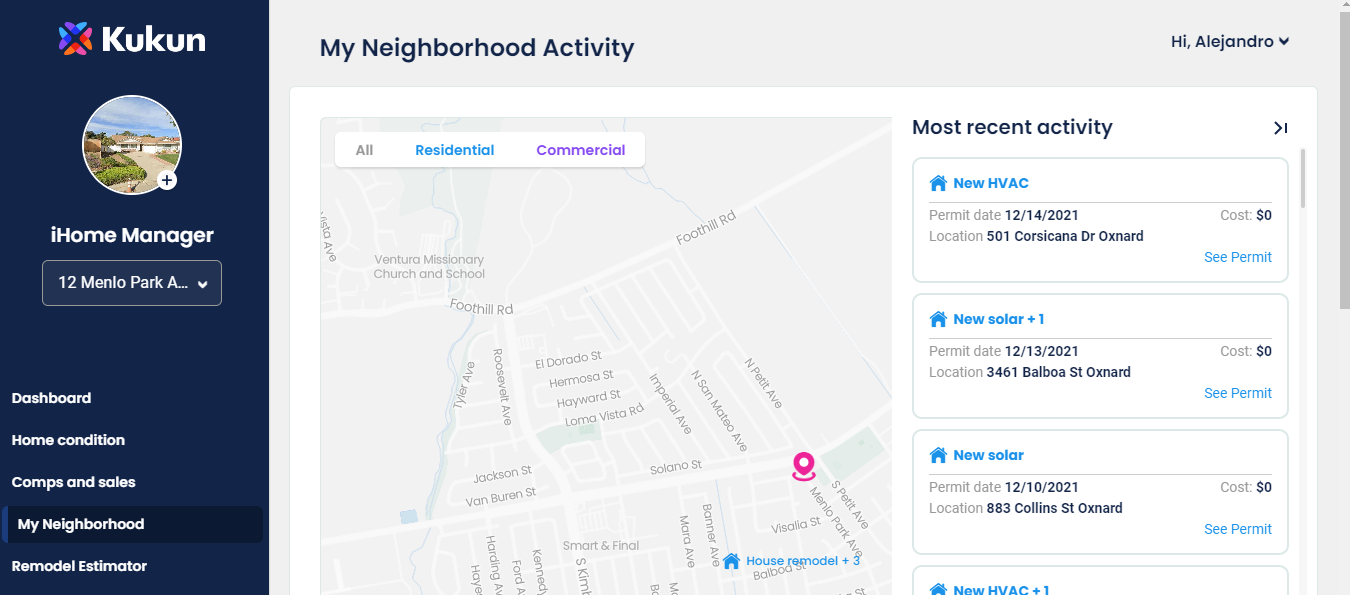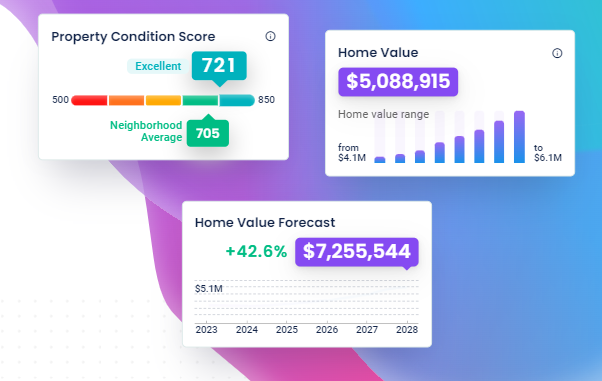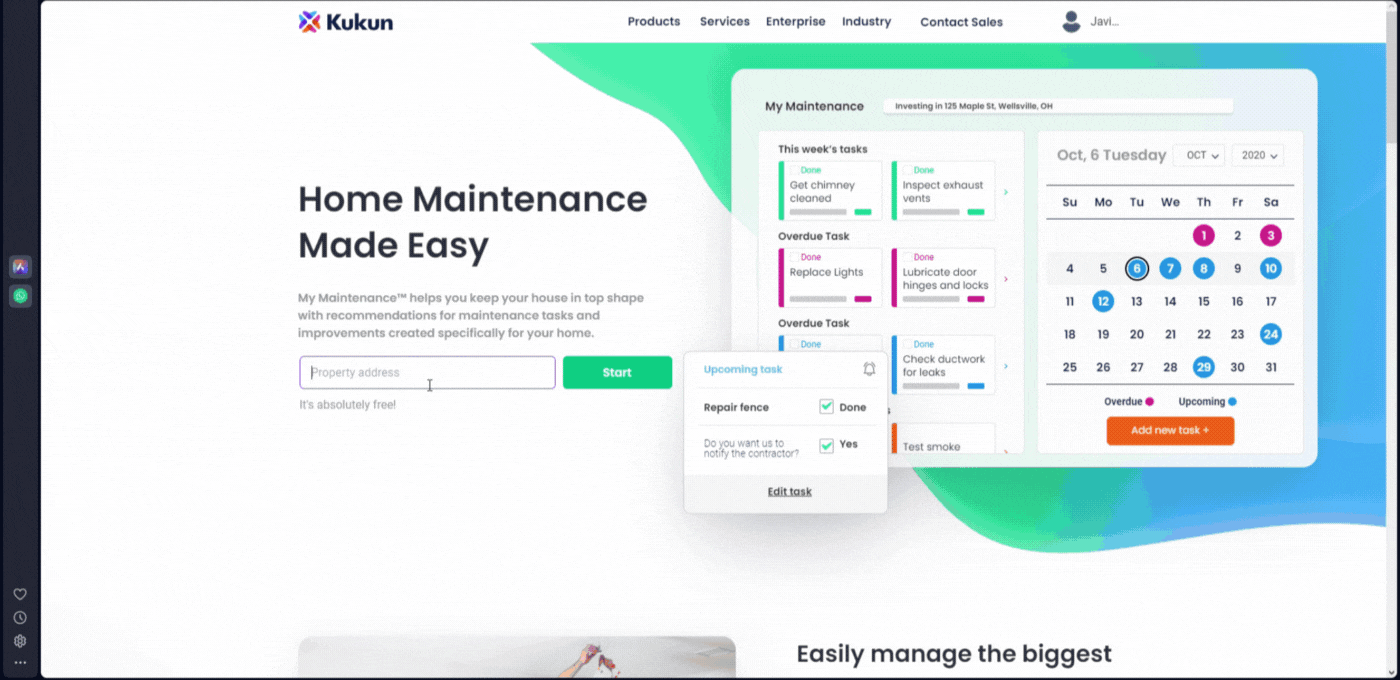A go-to guide on real estate investing for beginners
Updated Fri, Jun 28, 2024 - 9 min read
Top blog articles
Real estate investing for beginners can be an exciting as well as rewarding pursuit. After all, putting your money into the real estate industry can be a good way to build wealth and diversify your investment portfolio.
From buying investment properties for rental income to developing properties – there’s a lot of scope for money-making.
If you’re a newcomer who wants to understand the fundamental principles of real estate investing, this blog is for you.
We’ll help you explore the key investing strategies, the potential risks of real estate investing, and financial tips on how you can analyze the market value of the properties you are thinking of investing in.
With the right guidance on how to navigate the process, real estate investing (for beginners) can help you achieve your financial goals smartly and efficiently.
How can you make money by investing in real estate?
Investing in real estate is a proven way to wealth generation. And, it offers diverse avenues for financial gain.
Value appreciation: Property values generally rise over time. Real estate experts unanimously emphasize the significance of location as the pivotal factor influencing investments. Property values surge in tandem with the desirability of a neighborhood. That is to say, opting for a fixer-upper in an esteemed area outweighs selecting a decent property in an undesirable area.
Rental income: Certain real estate investors opt to invest in a vacation home. Some choose to utilize the property, like in the case of a multifamily house, for rental income.
By leasing out owned property, not only does the property accrue value over time, but a consistent monthly income or passive income is generated. Once the mortgage for the investment property is fully repaid, the venture turns profitable.
Want to know your market before investing in it?
Understanding your market before investing is extremely important. It enables you to make informed decisions based on current trends, housing demand, and potential risks. This knowledge empowers you to align your investment strategy with the prevailing conditions, increasing the likelihood of success.
More importantly, market awareness allows you to accurately evaluate the potential returns on your investment or ROI. You can gauge whether the market is conducive to value appreciation or rental income, helping you create a realistic financial plan. This foresight prevents overestimating your profits or underestimating your expenses, ensuring a more accurate financial forecast.
A good way to comprehend the housing market is through Kukun iHomeManager. The
dashboard gives you investment clarity – safeguarding you against potential pitfalls.
How does iHomeManager help strategize real estate investments?

The analytics-based proprietary data will help you in risk mitigation, adaptability, and long-term viability – maximizing your chances of investment success even in dynamic market conditions.
It will help you understand the property market where you’re planning to buy.
The key elements include:
My Neighborhood

This tool will help you access real-time data regarding recent home sales and comparable properties – allowing you to assess home values accurately.
You can stay informed about neighborhood developments and upcoming construction projects even before they begin. You’ll get timely notifications on upcoming newer residential properties, remodeling projects, and commercial buildings within the community.
Read more: Real estate location modeling
Property Value

You can acquire valuable insights into real estate values and get tips on how to increase property value through ROI-enhancing renovation projects. It will give you a clear understanding of the present and future of your financial investment – today as well as for the next five years.
Property Condition Score

As an investment property owner, you’ll get a precise evaluation of your home’s genuine market value through a comprehensive score assessment. This will help you monitor the graph of how your real estate is faring on the market.
MyMaintenance

Once you zero in on a lucrative investment property, the app will help you seamlessly manage its maintenance by scheduling tasks and communicating effectively with service providers. This will ensure your property remains in excellent condition – thereby increasing its equity.
What are the best strategies for real estate investing for beginners?
Buy a house for yourself
The simplest approach to real estate investment for beginners involves purchasing a home for the purpose of living in it. Although many may not categorize this strategy as “investment,” a primary residence holds significant investment potential, as it usually appreciates in value and significantly enhances your overall net worth over time.
More importantly, it offers a fantastic opportunity to enter the real estate market with a relatively modest amount of funds as a down payment. Moreover, when the time comes to relocate or upgrade in the future, you have the option to either sell your property – typically on a profit – or retain homeownership and lease it out, generating passive income for yourself.
When the house in question is your primary residence, securing a loan for it is also easier and simpler. Generally, borrowers with good credit scores get better interest rates and terms. They potentially make more money in the long run due to value appreciation.
Buy a multifamily home
You can purchase a multifamily home. This type of property comprises multiple living units. Such a building provides a dual advantage: you own a residence to live in and lease out additional units for rental income.
Right from the outset, you might discover that the rental income you generate covers a significant portion of your mortgage payments. Over time, with increasing rents, the potential for a lucrative income stream becomes even more appealing.
When it comes to financing a multifamily property of up to four units, some of your loan options include:
- Conventional loan: It may require a down payment of 3-20% and a minimum credit score of 620.
- FHA loan: Calls for a down payment of 3.5% and a minimum credit score of 580.
- VA loan: Involves a zero down payment and a credit score requirement ranging from 580 to 620.
If you’re ready to be a landlord, do be prepared for tasks such as tenant search and screening, property repairs, ongoing maintenance, rent collection, and even tenant eviction. You could hire a property manager which may cost you around 10 percent of your monthly rents.
Buy a vacation home
A vacation property provides you with a place to stay during your travels. And when you’re not using it, it can generate rental income for you.
This rental income can cover expenses such as your vacation home mortgage, maintenance, repairs, property taxes, and homeowners insurance.
Interestingly, mortgage rates for second homes are only slightly higher than those for primary residences, if you prove that you’ll spend at least a portion of the year in the property.
Read more: Should you rent out your vacation home?
Buy an investment property
An investment property refers to a single-family or multifamily home that is rented out on a full-time basis and isn’t used as your own residence. Such properties have the potential to generate substantial long-term income, particularly if you possess multiple properties.
However, it’s important to note that mortgage expenses and maintenance costs are likely to be considerable, especially if you’re not handling maintenance tasks yourself.
One significant challenge is the gap between tenancies, resulting in a loss of rental income. Therefore, it’s essential to have a substantial income or savings to ensure you can cover mortgage payments even during vacancy periods.
When it comes to financing an investment property, the process is slightly more complex than financing a primary residence. Additionally, you’ll be required to meet higher criteria for creditworthiness, down payment amount, and cash flow.
Flip homes
The concept of home flipping is simple. You buy a rundown home, make some home improvements, and sell it for a good profit.
However, before you get into this type of real estate investing, you need to hire the best team to help you buy a worthy house. You wouldn’t want to buy a house that has major structural issues which went unnoticed.
It’s a good idea to hire an experienced real estate agent and licensed contractors for the home improvement project.
Securing funding for a fix-and-flip property can pose challenges. Traditional mortgages aren’t suitable for such homes. A good option is to self-finance via savings or the equity in your existing property. Another option is to collaborate with a willing friend, family member, or business partner in exchange for a portion of the eventual sale profits.
Read more: How to flip real estate contracts
Use the BRRRR method
The ‘Buy, Rehab, Rent, Refinance, Repeat’ method is similar to flipping houses. But here, instead of selling the house after remodeling it, you rent it out.
The way to fund such a form of real estate investing is through refinancing the existing home and using the cash to fund the next project. This also helps an investor build a portfolio for rental properties. There’s no doubt that this complex method involves a lot of work and focus.
Get real estate investment trusts (REITs)
REITs offer a simpler route to participate in the real estate market. When considering real estate investment for beginners, REITs can be regarded as the most straightforward option. They are similar to mutual funds. You invest in these trusts without the need to secure mortgages, handle property upkeep, address repairs, or deal with tenants.
With REITs, you invest in revenue-generating real estate ventures without the necessity of buying, renovating, overseeing, or selling actual properties.
However, as is the case with all investment opportunities, the higher the promised returns, the greater the associated risk. Therefore, it’s imperative to conduct thorough research and diligently evaluate each REIT before investing in it.
Read more: What is NMLS?
Real estate investing for beginners: Key takeaway
Real estate investing for beginners is not difficult if you take the right route. You need to:
- Educate yourself on the different types of real estate investing methods
- Set clear financial goals for yourself and your family
- Create a budget for the investments
- Choose the right investment strategy
Once you’ve decided on an investment plan, the next step is to talk to a lender about your options
Detail the investment type you are targeting, inquire about available loan alternatives, and ascertain the prerequisites for the loan qualification. Your lender will aid you in comprehending the mortgage costs, monthly payments, and potential gains from your prospective investment in real estate. When you’re convinced of your decision, you can start investing! We hope this guide on real estate investing for beginners will help you get your financial planning on track.
Looking for home loans for your property investment? Kukun has some of the best funding options for you.
Read more: What is sweat equity?









